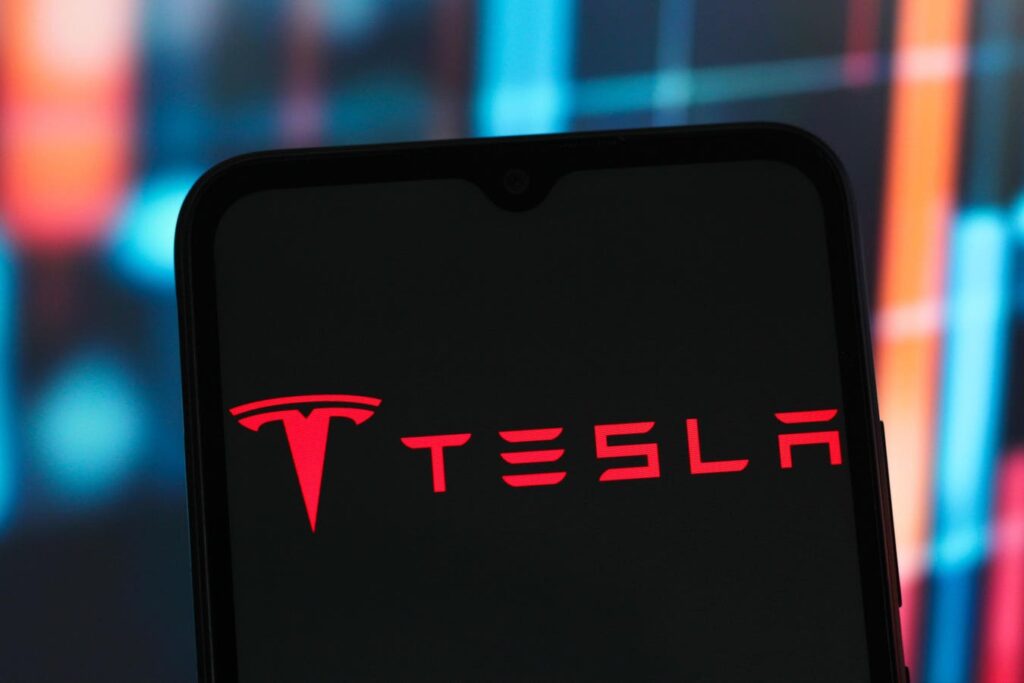Elon Musk’s highly publicized and contentious fallout with President Donald Trump last week could have significant repercussions for the business, especially for Tesla. The conflict began when Trump introduced his “Big, Beautiful Bill,” an expansive tax-and-spending initiative that Musk criticized on X as a “disgusting abomination” that would inflate the national debt. Musk’s reaction surprised market participants, especially considering he had reportedly invested nearly $300 million into Trump’s 2024 Presidential campaign and had just stepped down as a close advisor to the President a little over a week prior. Trump retaliated against Musk via his social media platform, even threatening to “terminate” federal assistance to companies controlled by Musk. Tensions heightened when Musk shared—and subsequently deleted—a post linking Trump to sealed documents related to Jeffrey Epstein. While Trump momentarily softened his stance by expressing that he “wished Musk well,” he later cautioned of “very serious consequences” if Musk cooperated with Democrats during the 2026 midterms. Now not in the President’s favor, Musk faces a genuine threat. Trump continues to wield the authority to modify policies in ways that could negatively impact Musk’s extensive business ventures, especially Tesla, which does not benefit from the federal contract protections that SpaceX enjoys as a key partner of NASA and the Space Force.
Tesla’s Quiet Reliance on Government
The Big, Beautiful Bill poses direct risks to Tesla on several levels. The proposal aims to eliminate the $7,500 federal EV credit by the end of 2025, making Tesla vehicles less economically accessible. Trump also intends to abolish EV mandates and emissions standards that have enabled Tesla to profit from regulatory credits. These credits have added more than $8 billion to Tesla’s revenue thus far. A suggested annual fee of $250 for electric vehicles and $100 for hybrids could further diminish consumer enthusiasm for EVs, including those from Tesla. The conflict with Trump could further worsen Tesla’s difficulties. Tesla’s stock dropped by 14% last week. If you desire potential gains with a less volatile option than an individual stock, consider the High Quality portfolio, which has outperformed the S&P and achieved more than 91% returns since its inception.
Tesla’s reliance on public financial support has been more substantial than it may seem. A Washington Post investigation estimated that Musk’s companies—Tesla and SpaceX—have received at least $38 billion in public funding, including approximately $6.3 billion committed in 2024 alone. Tesla’s initial funding support arrived in the form of a $465 million low-interest loan from the Department of Energy in 2010, which financed the development of the Model S and the Fremont factory. The regulatory credits subsequently helped cover years of losses until the company began generating steady profits from its core automotive business. Tesla is indeed on solid financial ground, having repaid its loans and generating positive cash flow. However, the conflict between Musk and Trump jeopardizes the tax credits, infrastructure funding, and regulatory conditions that have long been crucial to its market valuation.
FSD Progress Could Be Slowed Down
Trump’s previous endorsement of deregulating autonomous vehicles likely facilitated Tesla’s progress in its Full Self-Driving (FSD) and robotaxi initiatives. Reduced regulations lead to more rapid deployment of features, allowing companies to innovate with greater freedom and potentially minimize compliance-related expenses. Nevertheless, the rift between the President and Musk might change that dynamic somewhat. Tesla is currently being investigated by the NHTSA regarding its self-driving technology. With Musk not in favor with the current administration, Tesla may encounter increased regulatory scrutiny and diminished political support for its autonomous vehicle ambitions.
There may also be a pushback from consumers. Tesla’s initial customer demographic largely consisted of liberal, environment-focused buyers attracted to the company’s clean-energy goals and technological advancements. However, Elon Musk’s recent political shift, marked by his association with right-wing individuals and criticism of progressive policies, has alienated some of that foundational customer base. Concurrently, Musk’s growing connections to Donald Trump have attracted a new set of conservative customers. Yet with the ongoing Trump feud now visible to the public, even that support may wane. If Musk ultimately becomes estranged from both his initial liberal supporters and the newer conservative demographic, Tesla could face significant demand challenges in the U.S.
Read the full article here
